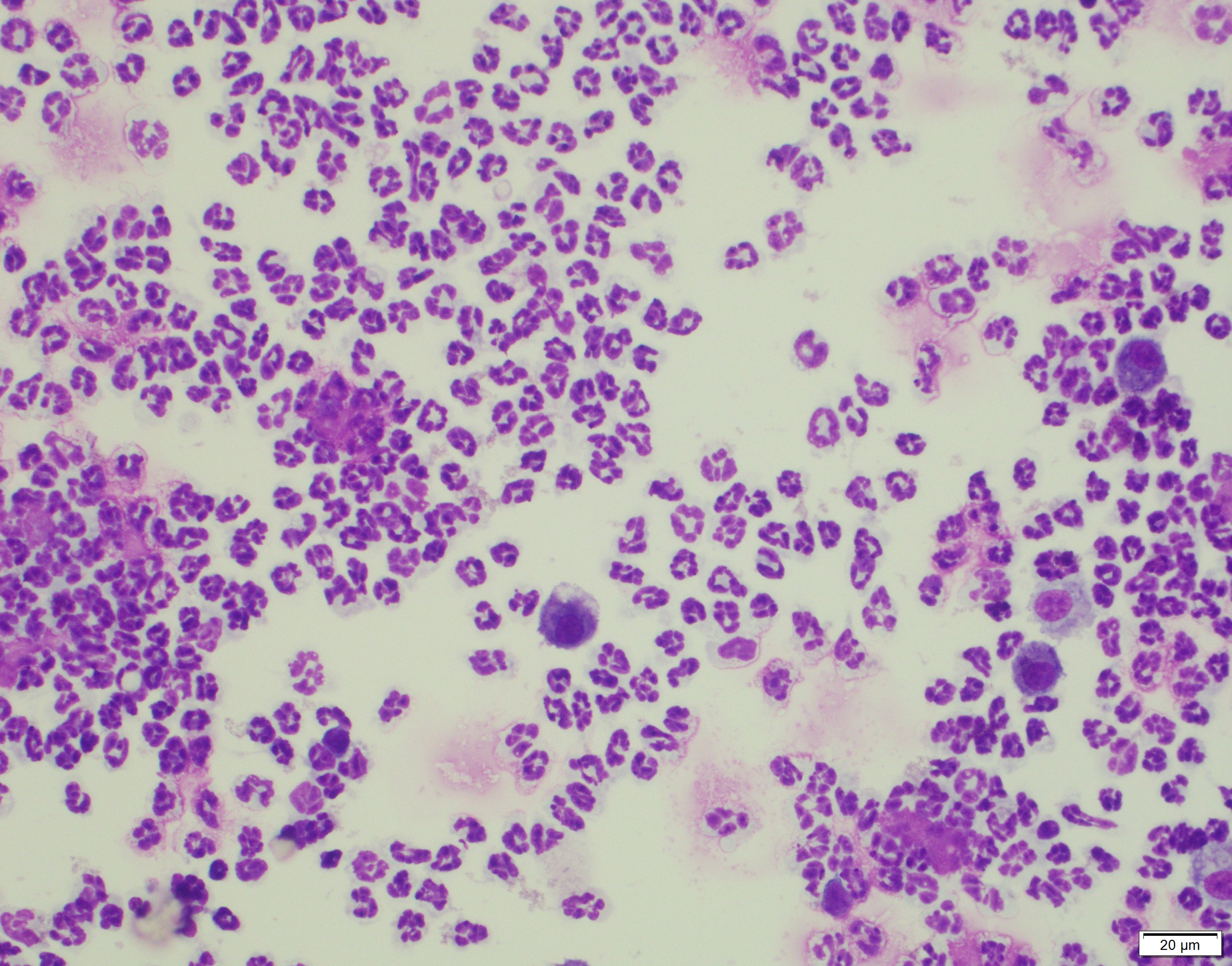Eltzschig Lab

Professor and Chairman, Department of Anesthesiology
Holger Eltzschig, MD, PhD
Our research laboratory is interested in studying endogenous adaptive pathways that are under the control of hypoxia-inducible factors. We have applied these molecular concepts to a wide range of disease models that are important for the field of anesthesiology, critical care and perioperative medicine, including acute lung injury, myocardial or hepatic ischemia, acute kidney injury and intestinal inflammation. It is our hope that these studies contribute to novel pharmacologic approaches to prevent or treat acute organ injury in surgical patients.
 Acute Lung Injury (ALI)
Acute Lung Injury (ALI)
The research in the lung group focuses on understanding the inflammatory responses in acute lung injuries, including ventilation induced lung injury (VILI) and LPS-induced lung injury. Our recent studies of lung injuries focus on investigating the role of hypoxia-inducible factors (HIFs) and microRNAs in the underlying mechanisms of ALI.
Myocardial Ischemia
We are also interested in understanding cardio-protective mechanisms and targets during the Myocardial Ischemia/Reperfusion (IR) injury. Our recent studies showed that changes in metabolic supply and demand lead to the stabilization of hypoxia-inducible transcription factors during myocardial ischemia, resulting in upregulation of cardio-protective small molecules, such as epithelial growth factor amphiregulin (AREG).
Acute Kidney Injury (AKI)
Acute kidney injury (AKI) is a leading cause of morbidity and mortality of perioperative patients, and therapeutic approaches to prevent or treat AKI are limited. Our recent studies suggested that genetic deletion or pharmacologic inhibition of the renal proton pump ATP4A with proton pump inhibitors conveys very potent renal protection. We hope that our findings could support the potentials of proton pump inhibitors as therapeutic options to prevent or treat AKI.
 Intestinal Inflammation
Intestinal Inflammation
Numerous studies suggest that one of the key elements in inflammatory bowel diseases (IBD) is dysfunction of intestinal epithelial barrier function caused by intestinal inflammation. Our recent study found that an increase of adenosine levels in experimental colitis might exploit protective adenosine receptor signaling.
